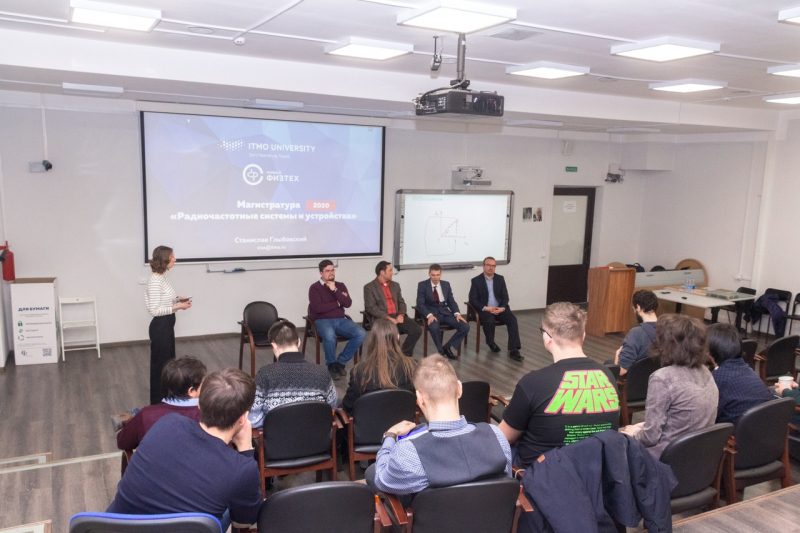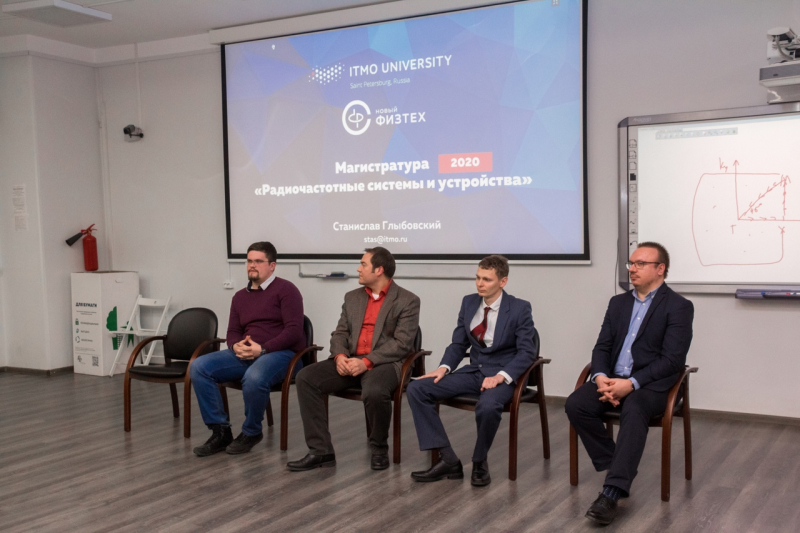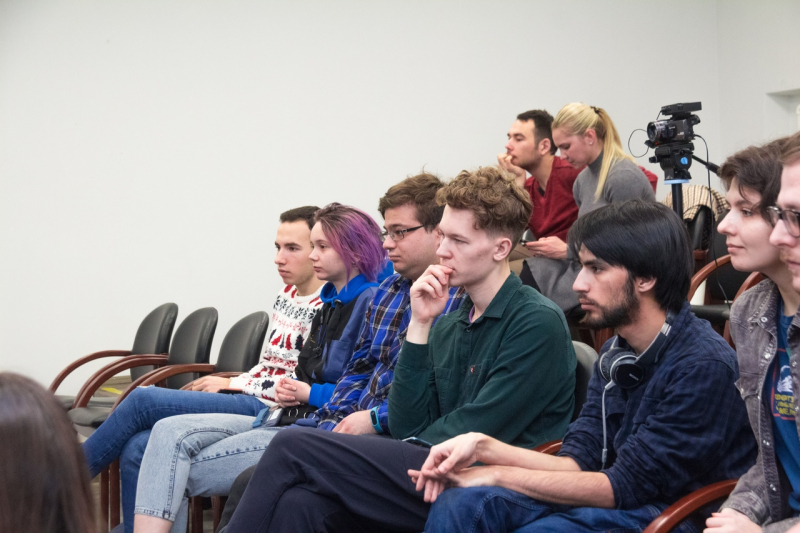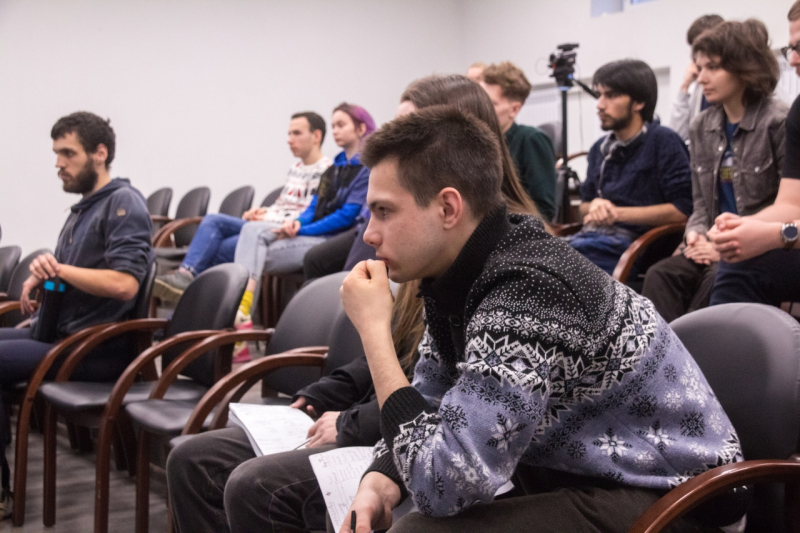Recently, ITMO University has hosted a large-scale workshop event with lectures by Russian and international scientists, as well as a roundtable on young specialists’ careers in the field of antenna technology and applied radiophysics. Participation was open for students of St. Petersburg universities. Also attending were industry representatives, who readily shared their forecasts of the industry’s future and explained how to start a career in the field. Read more in this article by ITMO.NEWS.

Workshop "Antennae of the Future"
In the last couple of years, there has been a trend of leading wireless systems companies opening research centers in Russia, which develop and as such need more and more specialists. Among these are Huawei, Topcon, Corning, and Samsung. This has opened an opportunity for Russian specialists to work in the field of applied radiophysics and develop commercial systems, with the number of jobs growing year on year.
“This workshop is a Pre-Master’s for the Master’s program Radioelectronic Systems Software. It has been ITMO’s first onthis topic. Our goal is to form a community of specialists pursuing the field of radiophysics in St. Petersburg and beyond. We invited Bachelor’s, Master’s and PhD students, research staff, and experienced professionals working in the industry. ITMO University initiated the workshop, having invited professors and experts from other universities, including those in Germany and Finland. They spoke about their research and inventions, and, during the roundtable, answered students’ questions on how to start a career in this field: what requirements employers pose to young specialists, and what salary can a person expect at an entry-level job in this field,” says Yulia Tolstykh, an engineer at ITMO’s Faculty of Physics and Engineering.

Workshop "Antennae of the Future"
Participating in the workshop were representatives of international companies with research centers in Moscow and St. Petersburg (Huawei, Corning), staff members of several Russian companies, namely the Scientific Center of Applied Electrodynamics, as well as scientists from international research centers and universities such as Fraunhofer Society and Aalto University. In the first part of the event, they gave lectures on new research areas in the field.
Starting a career: employers’ tips
Culminating the workshop was a roundtable with representatives of universities and companies. It helped establish an open dialogue between the students and their potential employers.
Among the key questions that interested the students of ITMO University, St. Petersburg Electrotechnical University “LETI”, Peter the Great St. Petersburg Polytechnic University and other institutions were how to get into a modern hi-tech company and stay there, as well as from what year at university young specialists should start their attempts to do so and what kind of salary they may expect.

Workshop "Antennae of the Future"
ITMO.NEWS put down the experts’ main tips:
Love what you do
The employers explained to the students that in addition to a good level of training in the field of specialization, they also pay attention to the interest shown by a potential intern, their readiness to learn and work, and their motivation to develop in their chosen sphere.
Pay attention to the optimal time of starting your career
The primary reasoning behind this piece of advice is that a good specialist is a qualified specialist. With this in consideration, don’t hurry to break into professional life until you accumulate enough knowledge in the field of physics, maths and antenna technology. The employers present at the workshop recommended that students start their career attempts from their second year at university, and try to land serious internships with employment prospects in their fourth year. The most important thing is to do this before graduation in order to understand your potential field of work in advance.

Workshop "Antennae of the Future"
Start your career with an internship
Internships are a great option for those who are already sure of their level of knowledge and skills, but are still studying or working on their thesis. You can take part in an internship in your third year, but the most opportune moment is when you can comfortably juggle it with your studies, which the first and second year of your Master’s usually allow. On average, interns’ earnings start from 20,000 rubles, though this can vary depending on the city – for example, intern salaries in Moscow can amount to 50 thousand due to high costs of living in the Russian capital. What you have to remember, however, is that the most important takeaway at the internship stage is not money but experience. Your prospects of finding full-time employment and your first salary depend on whether you manage to put your best foot forward.
The organizers of the first open workshop Antennae of the Future note that the event helped start a dialogue between motivated students seeking career guidance and their potential employers, as well as demonstrate the full potential of applied radiophysics and antenna technology. It is planned that these events will be hosted on a regular basis, developing into a nationwide school for students and keeping their international status through the participation of lecturers and companies from all over the world.
Journalist
Translator
Последние новости
-
-
Scientists from ITMO, MIPT, and Skoltech Develop Laser-Controlled System for Reprogramming Tumor Macrophages
-
ITMO Scientists Create an Optical Platform That Switches LED Lights in Ten Nanoseconds
-
A New Russian Approach Simplifies Parameter Determination for Twisted Particles in Accelerators
-
ITMO Scientist Elected 2026 Optica Fellow
